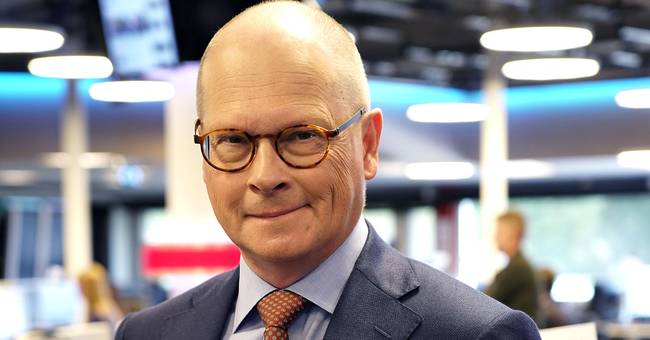Following demands from the opposition, Prime Minister Magdalena Andersson now promises to invite party talks on security policy in the near future.
The purpose is, among other things, to be able to show national unity, which is especially important in a serious situation.
Consensus on foreign and security policy has always been considered to be of great importance.
It is not least about the signals Sweden sends to the outside world, that there is a broad political agreement on the line that is being taken.
During the Second World War and the Cold War, for example, there was broad support for Swedish freedom of alliance.
This in turn was based on a strong military defense.
But after the end of the Cold War and the collapse of the Soviet Union, security policy has become an increasingly hot topic of party political conflict in Sweden.
It has also led to the NATO issue emerging as one of the major debate issues in Swedish foreign policy.
A crucial political disagreement
The Social Democrats adhere to the freedom of alliance and receive support in the Riksdag for this from the Left Party, the Green Party and the Sweden Democrats.
A majority, then.
But a significant minority consisting of the bourgeois parties the Moderates, the Center Party, the Liberals and the Christian Democrats want Sweden to apply for membership in NATO.
There is thus a decisive political disagreement about one of the foundations of Swedish security policy.
And it's not an insignificant issue.
NATO membership - with mutual defense guarantees - would fundamentally change Swedish foreign and security policy.
But even if there is no majority for a membership, there is a parliamentary majority for a so-called NATO option, ie Sweden must clearly state in its foreign policy that membership can be relevant in the event of a deteriorating security situation.
This parliamentary majority consists of M, KD, L, C and SD.
SD has justified its support for this position by saying that Finland also has a NATO option.
To date, however, the Government has rejected this demand from the Riksdag.
Foreign Minister Ann Linde (S) has warned that a change in Swedish security policy in this way could, on the contrary, worsen the security situation in the immediate area.
No signals from S to compromise
When Prime Minister Magdalena Andersson has now said she is prepared to invite the parliamentary parties to discussions on security policy, there is thus a lot to discuss.
However, the Social Democrats have not given any signals that they are prepared to compromise.
The talks risk becoming a display of national disagreement over basic security policy choices - in other words, contrary to the consensus that the Prime Minister considers so important.
At the same time, the Russian demands mean that the opposition cannot back down from its demands for a NATO membership or a NATO option.
However, a consensus from all parties is likely to be produced when it comes to strongly rejecting and condemning the type of demands that Russia has reported.
Therefore, it is important that these party deliberations can get started quickly.
Much is at stake and the situation between Russia and the West, which is already described as serious, could quickly deteriorate.
And it can also have far-reaching consequences for Sweden and its security.

